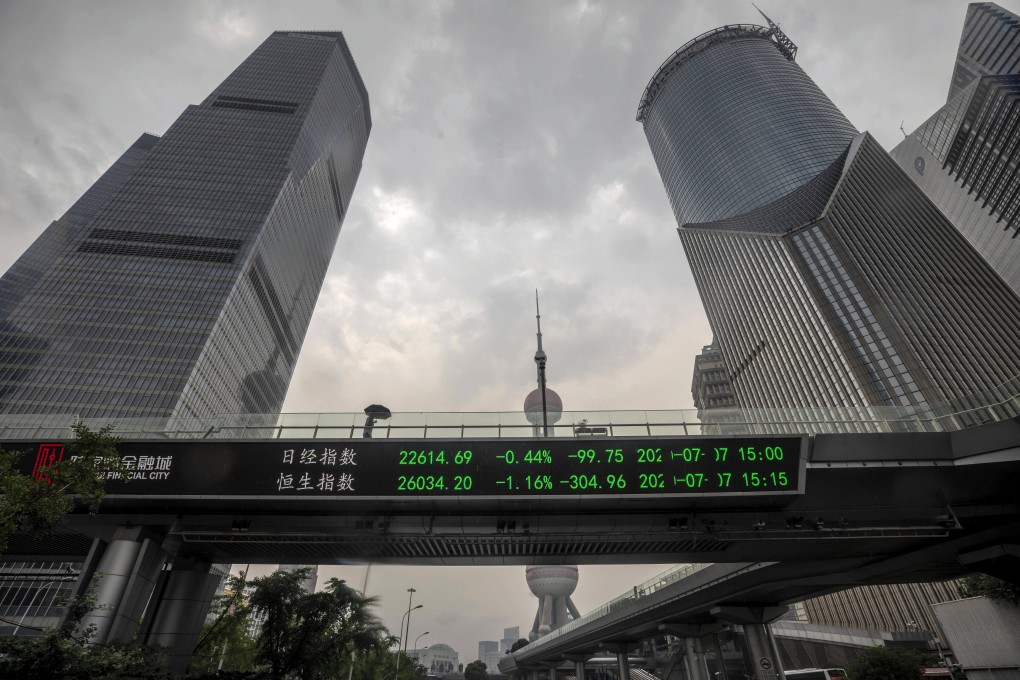Advertisement
Coronavirus recovery and US dollar weakness put Asia in bond investment spotlight
- Asian economies are more advanced in their pandemic recovery than their Western peers, having demonstrated greater state capacity to manage the crisis
- Expected US dollar weakness will support Asian and emerging-market currencies while boosting prospects for hard currency Asian bonds
Reading Time:3 minutes
Why you can trust SCMP

Asian financial markets could reap the benefits if US President-elect Joe Biden proves more conventional than his predecessor in the White House, potentially triggering a reallocation of global capital to the region.
Consensus expectations point to less confrontational diplomacy for a Biden administration, creating less geopolitical headline risk, fewer market shocks and reduced volatility. Any warming of US-China ties would relieve pressure on global supply chains, which would be positive for foreign direct investment into Asia.
A reduction in volatility would also be positive for Asian markets in general. It could encourage investors to refocus on the fundamental strengths of governments and companies in the region.
Advertisement
Asian economies are more advanced in their pandemic recovery than their Western peers, having demonstrated greater state capacity to manage the crisis. China, Singapore, South Korea, Australia and New Zealand appear likely to suffer less long-term structural damage to their economies.
In addition, Biden might roll back some US corporate tax cuts and deregulations implemented by sitting President Donald Trump. That could strengthen the appeal of non-US companies, including those in Asia.

The likelihood of a smaller fiscal support package suggests US monetary policy will remain accommodative while the economic impact of the coronavirus pandemic will be disinflationary. This could point to US dollar weakness while supporting Asian and emerging-market currencies.
Advertisement
Select Voice
Choose your listening speed
Get through articles 2x faster
1.25x
250 WPM
Slow
Average
Fast
1.25x

